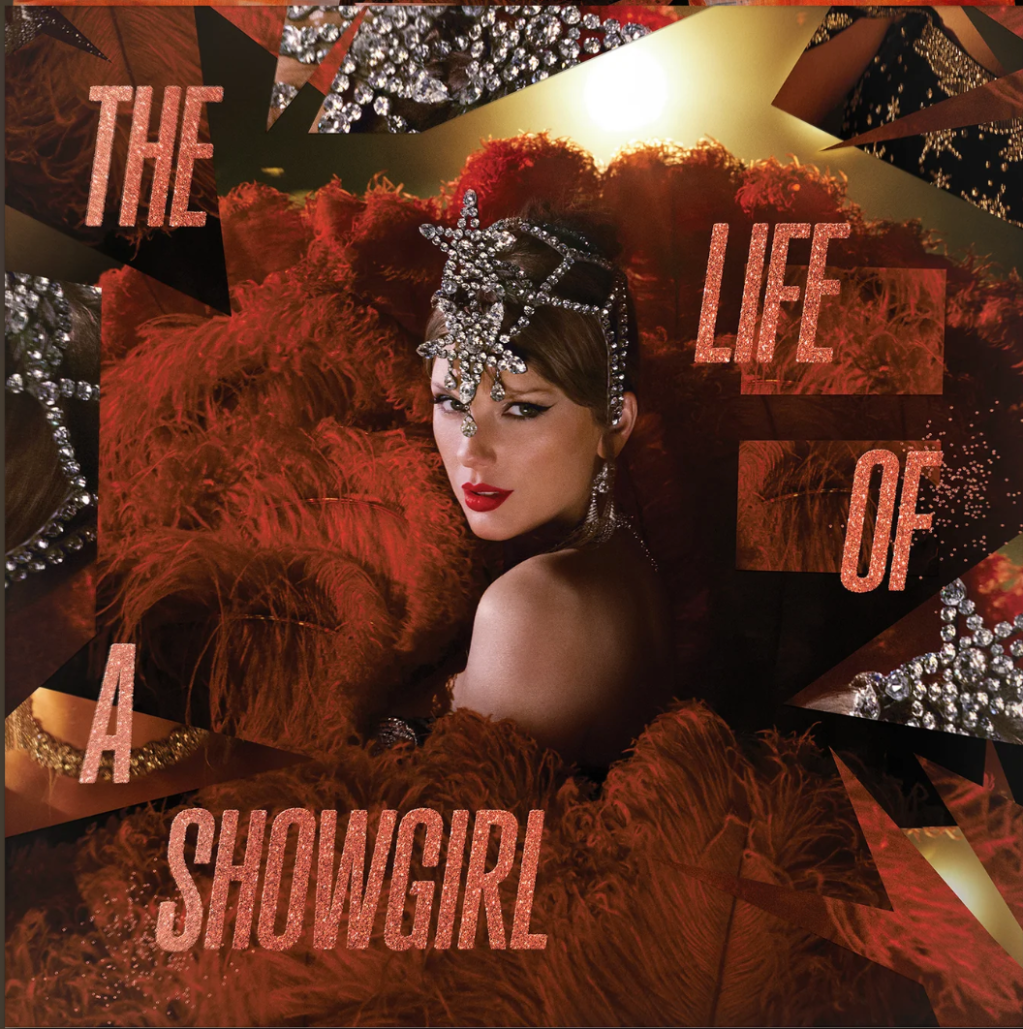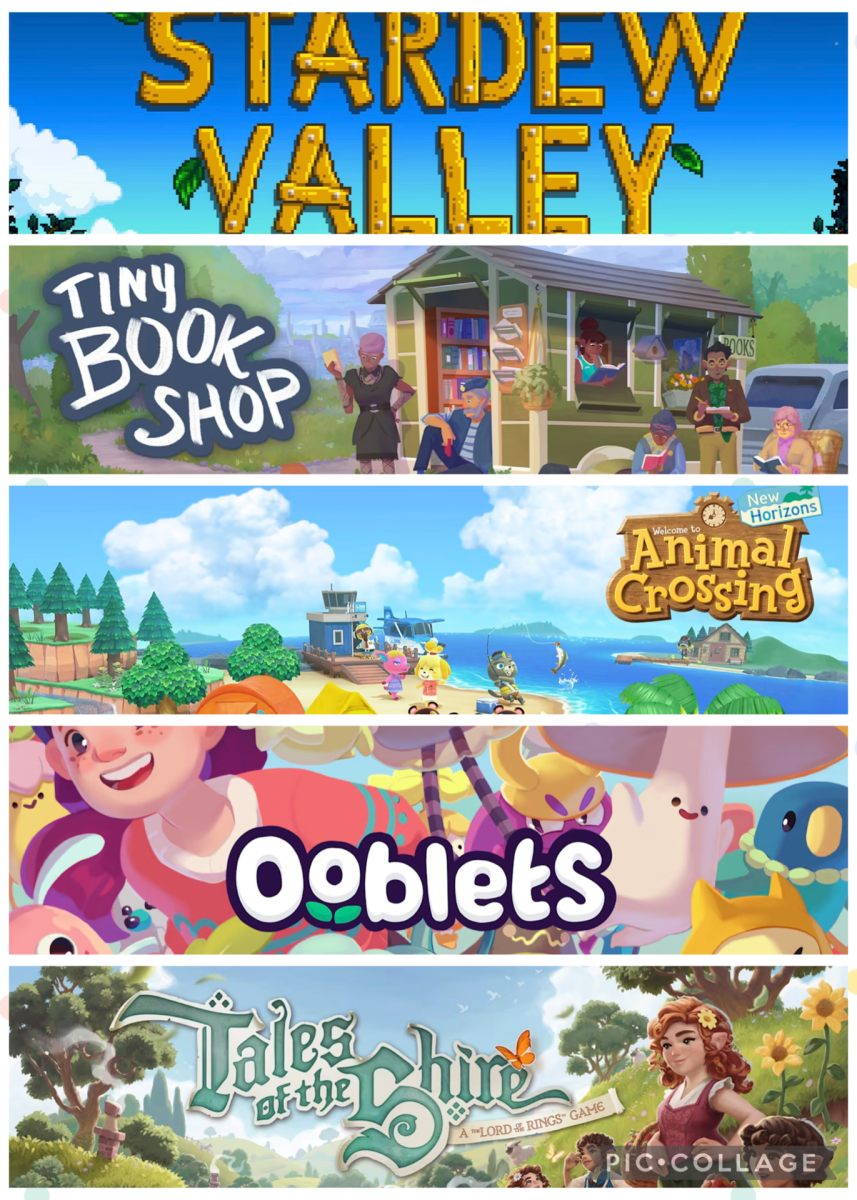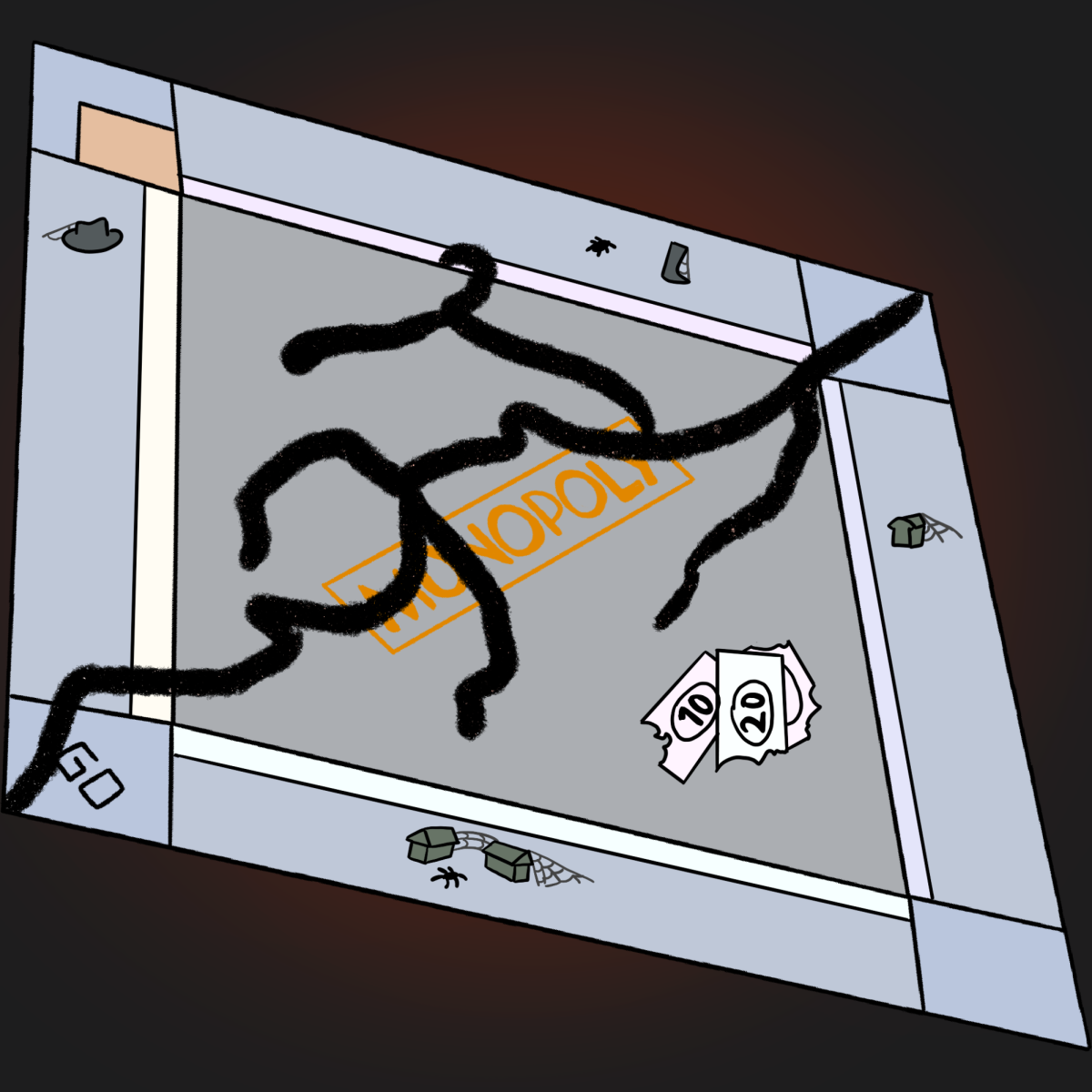
Canadian pop sensation Tate McRae unleashes a whirlwind of spontaneity and chaos in her eagerly-awaited sophomore album “Think Later.” The album marks a sonic evolution and poignant exploration of the metamorphosis from adolescence to young adulthood. McRae skillfully captures the essence of this transformative journey, making “Think Later” a compelling narrative of personal growth that’s marked by infectious pop melodies.
Kicking off the album with an upbeat track, McRae establishes the fast-paced rhythm of the album. This new style signals a departure from her ballad-heavy debut, “I Used to Think I Could Fly.” While her first album leaned into the “sad girl” sentiment, this new record promises a distinct change in her outlook on life and a new willingness to move on.
In the opening track, “cut my hair,” McRae expresses the increase in her self-confidence, singing “whatever she do / I can do it better.” The recurring theme of wanting to cut her hair suggests a symbolic act of personal liberation. Following a similar message, “greedy” is an ego-boosting anthem in which McRae’s transformation shines. Lyrics such as “drive me so (so, so) crazy, did you know you got that effect? / I said, lemme check,” show a declining need for validation from others and increased conviction of her worth.
The songs “think later,” “hurt my feelings,” and “guilty conscience” exhibit vibrant and upbeat sounds, resonating with the rebellious tone and the spirited energy McRae pledged to deliver to her fans. Despite its robust dance appeal, “hurt my feelings” somewhat overshadows McRae’s distinctive voice due to its powerful production. In contrast, the title track “think later” emerges as the standout among this trio, characterized by its captivating beat and anthem of “live now, think later,” which captures the spontaneity of outgrowing the teenage years.
Throughout the album, McRae’s reflective lyrics tell a story of love, emotional heartbreak and, above all, the struggle to redefine her life and move on from loss. However, the constant motto of forgetting the past and moving on becomes rather repetitive throughout the tracklist. Songs such as “calgary” and “we’re not alike” exhibit this repetitiveness. Despite their hard-hitting lyrics and dance-worthy tempos, both songs describe the effect of a toxic woman on a healthy relationship.
While the album is driven by its enthralling beats, McRae returns to her roots with emotional ballads like “stay done” and the final track, “plastic palm trees.” In “stay done,” she details a tumultuous relationship marked by internal conflicts, a cycle of highs and lows, and a persistent struggle to break free despite a deep emotional connection. Lyrics like “kill me again ‘cause the high’s twice as high” and “the one-way street I can’t get off” paint a picture of the intense and sometimes destructive dynamics at play. The intimacy that McRae presents in her ballads is like no other — a mix of gut-wrenching and creative lyrics show off the artistry that’s brought her to stardom.
One of the album’s most popular tracks, titled “exes,” immediately captivates with its beats and clever lyrics. In a conversation with People, McRae delves into the bold character she embodies on stage: Tatiana, which is a playful twist on her first name, Tate. She describes Tatiana as “just a totally different side of me,” characterizing her as spirited and unapologetic. “exes” showcases Tatiana at her best, from the opening line (“Oh, I’m sorry, sorry that you love me.”) to the closing sentiments (“Kisses to my exes, I know that I did you dirty. Little messed up little selfish, we ain’t married, I ain’t 30.”), making it one of McRae’s most catchy and compelling tracks to date.
Although the album boasts a cohesive sonic quality, its thematic depth is rather limited. Throughout the entire record, McRae seems to fixate solely on one relationship, which results in a homogeneity of themes across every song. Despite the departure from her previous sound, it’s crucial to acknowledge that these tracks essentially constitute a collection of trap-pop ballads revolving around the same central theme. The absence of thematic progression leaves the listener feeling tethered to a singular relationship throughout the entirety of the album.
Taking into account the shortcomings of this album, we rate it a 7/10 overall. While the repetitiveness of the lyrics sometimes makes the album feel flat, McRae’s dynamic beats and creative production ultimately make up for the limitation.







